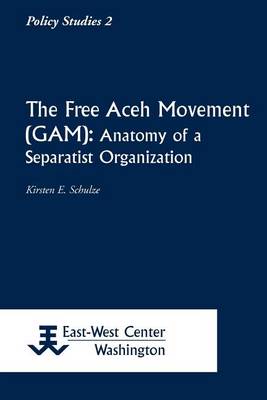This paper looks at the Aceh conflict since 1976 and more specifically the insurgent Free Aceh Movement––GAM. It aims to provide a detailed ideological and organizational “map” of this organization in order to increase the understanding of its history, motivations, and organizational dynamics. Consequently this paper analyzes GAM’s ideology, aims, internal structure, recruitment, financing, weapons procurement, and its military capacity. The focus of this study is on the recent past, as the fall of Suharto not only allowed the Indonesia government to explore avenues other than force to resolve the Aceh conflict, but also provided GAM with the opportunity to make some changes to its strategy and to transform itself into a genuinely popular movement. It will be argued here that the key to understanding GAM in the post-Suharto era and the movement’s decisions, maneuvers and statements during the three years of intermittent dialogue can be found in the exiled leadership’s strategy of internationalization. This strategy shows that for GAM the negotiations, above all, were not a way to find common ground with Jakarta but a means to compel the international community to pressure the Indonesian government into ceding independence. This is the second publication in Policy Studies, a peer-reviewed East-West Center Washington series that presents scholarly analysis of key contemporary domestic and international political, economic, and strategic issues affecting Asia in a policy relevant manner.
- ISBN10 1932728023
- ISBN13 9781932728026
- Publish Date 30 September 2004
- Publish Status Active
- Publish Country US
- Imprint East-West Center Washington
- Format Paperback
- Pages 1
- Language English
